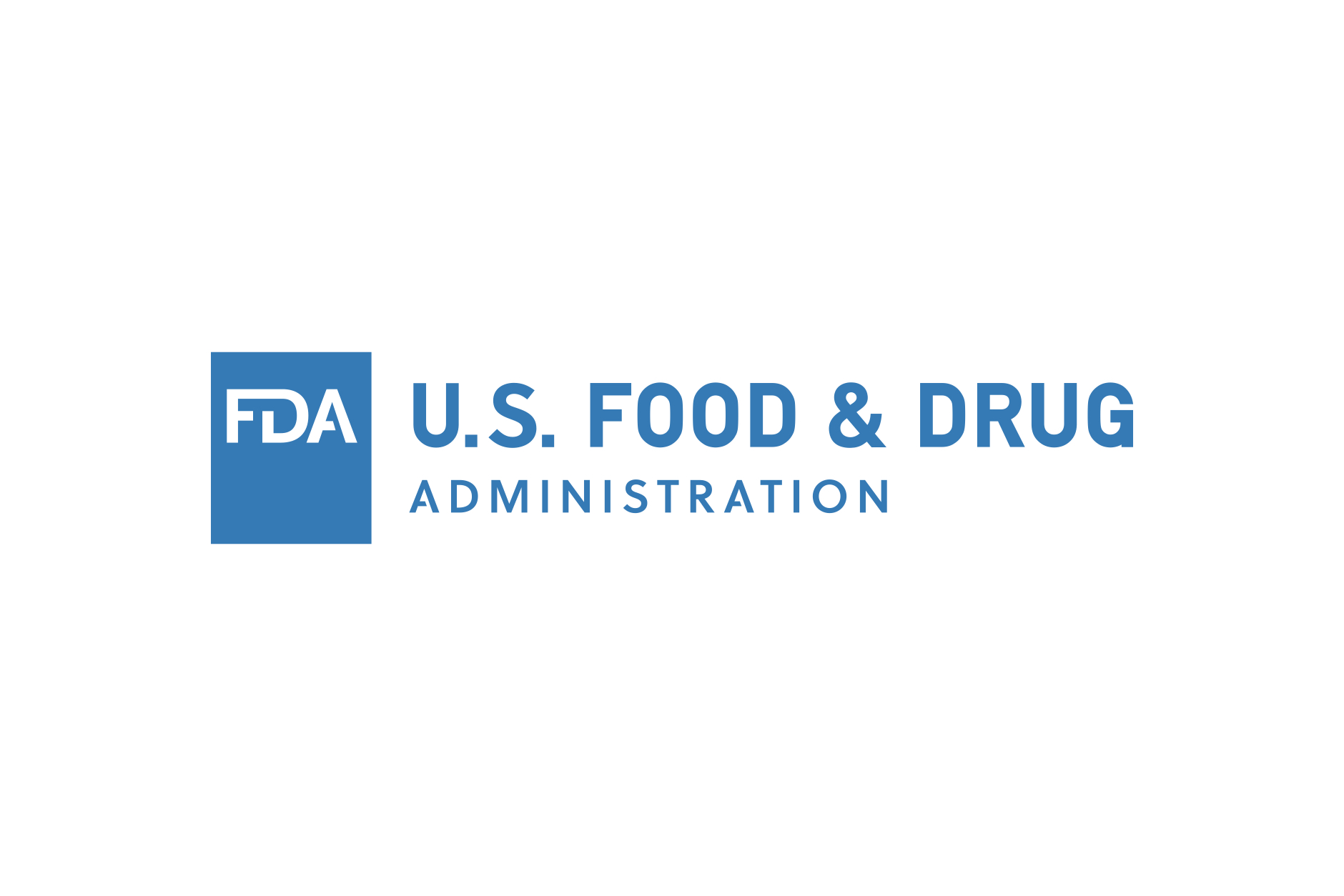Following a variety of high-profile missteps, Dr. Robert M. Califf—the commissioner of the U.S. Food & Drug Administration—has ordered an external review of some of the agency’s divisions including the Center for Tobacco Products (CTP), the division that oversees FDA’s tobacco regulation.
The Reagan-Udall Foundation, a 501c3 non-profit dedicated to supporting FDA, is being tasked with leading the review, which is expected to produce a report “within 60 business days of initiation.” It will work with “an external group of experts” to assess FDA’s existing processes within CTP and the agency’s Food programs that are involved in the baby formula shortage.
While criticisms of FDA are rampant within the industries it regulates, mainstream criticism of the agency is much more limited. However, FDA has been in the headlines recently for two separate issues: the baby formula shortage in America and the regulation of e-cigarettes and vaping products, particularly JUUL.
On June 23—after news had leaked about an upcoming action—FDA formally announced a marketing denial order to JUUL after concluding that JUUL had failed to produce “sufficient evidence regarding the toxicological profile of the products” as part of its premarket tobacco product applications (PMTA), the product approval process FDA uses for e-cigarettes and vaping products.
In short, FDA was ordering JUUL off the market.
The next day, JUUL went to a federal court and was granted an injunction that prevented FDA from enforcing the ban.
By July 5, FDA took an extraordinary step of announcing that it determined that there were “scientific issues unique to the JUUL application that warrant additional review.” As such, the agency issued its own administrative stay of its June 23 order, meaning the agency itself was pausing the sales ban after it determined it needed to do more work evaluating an application it had previously deemed “insufficient.”
On July 5, 2022, FDA administratively stayed the marketing denial order. The agency has determined that there are scientific issues unique to the JUUL application that warrant additional review. (1/3) https://t.co/DHDsFNVe1l
— FDA Tobacco (@FDATobacco) July 5, 2022
This administrative stay temporarily suspends the marketing denial order during the additional review but does not rescind it. (2/3)
— FDA Tobacco (@FDATobacco) July 5, 2022
All electronic nicotine delivery systems, or ENDS products, including those made by JUUL, are required by law to have FDA authorization to be legally marketed. The stay and the agency’s review does not constitute authorization to market, sell, or ship JUUL products. (3/3)
— FDA Tobacco (@FDATobacco) July 5, 2022
This particular ordeal is unique in that FDA managed to upset both those in favor and opposed to products like JUUL. For the vaping advocates, this was a clear admission that FDA did not properly evaluate JUUL’s application, which was likely to be the most scrutinized of any given JUUL’s popularity within the vaping category. For people opposed to JUUL, this just extends the length of time that it’s taken for FDA to regulate JUUL.
In his announcement, Califf didn’t specifically mention JUUL though alluded to “pending applications,” which presumably includes JUUL:
Just over 13 years ago, Congress tasked the FDA with regulating tobacco products. In the ensuing years, we have made important progress and reached regulatory decisions on a broad array of millions of products. But even greater challenges lie ahead as we determine how the agency will navigate complex policy issues and determine enforcement activities for an increasing number of novel products that could potentially have significant consequences for public health. CTP will continue its important work during the evaluation, including review pending applications and take enforcement actions as needed.
For the cigar industry, it’s unclear whether this review will do much, particularly after a July 5 ruling by the U.S. District Court for the District of Columbia that set the stage for “premium cigars” being deregulated.
Judge Amit P. Mehta, who has overseen the cigar industry’s litigation against FDA for six years, ruled that FDA acted improperly when it failed to evaluate evidence that showed that large cigars are used differently than other cigars. That evidence was presented as part of a question over whether FDA should regulate all cigars the same, a decision it made in May 2016.
Mehta’s ruling did not immediately change how cigars are regulated because he has not decided the “remedy,” basically the civil version of sentencing. He could decide to instruct FDA to simply evaluate the evidence that it did not do prior to the 2016 decision to regulate cigars or he could vacate the regulations for “premium cigars” entirely which would mean FDA would no longer be able to regulate “premium cigars.”
The two sides have been instructed to present briefs about the remedy before the end of this month.
Beyond the JUUL decision, FDA has announced a number of major tobacco-related policy proposals that will be hotly contested. In the first half of 2022, the agency has announced plans to ban menthol cigarettes and flavored cigars, and has announced that it is in the early stages of trying to impose nicotine limits for cigarettes.
Last week, FDA sent enforcement letters to manufacturers and retailers regarding the sales of synthetic nicotine products, another area of focus for the agency.
Underpinning all of this is a recent Supreme Court decision that will likely make it more challenging for FDA to introduce and enforce regulations unless the agency receives explicit directions from Congress to do so.


